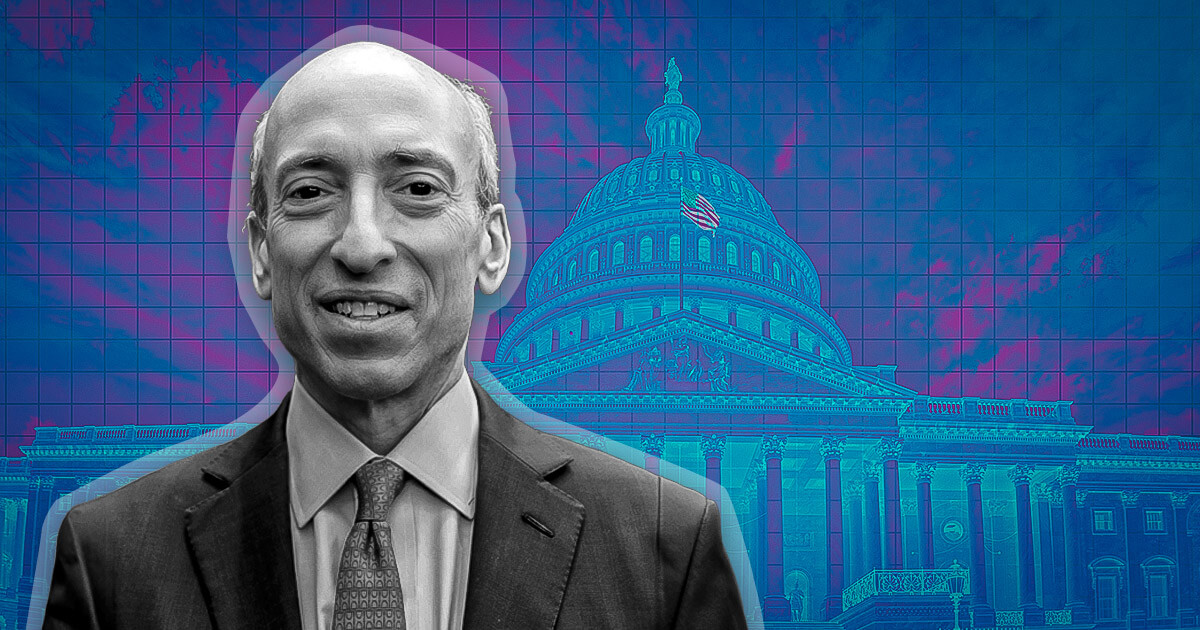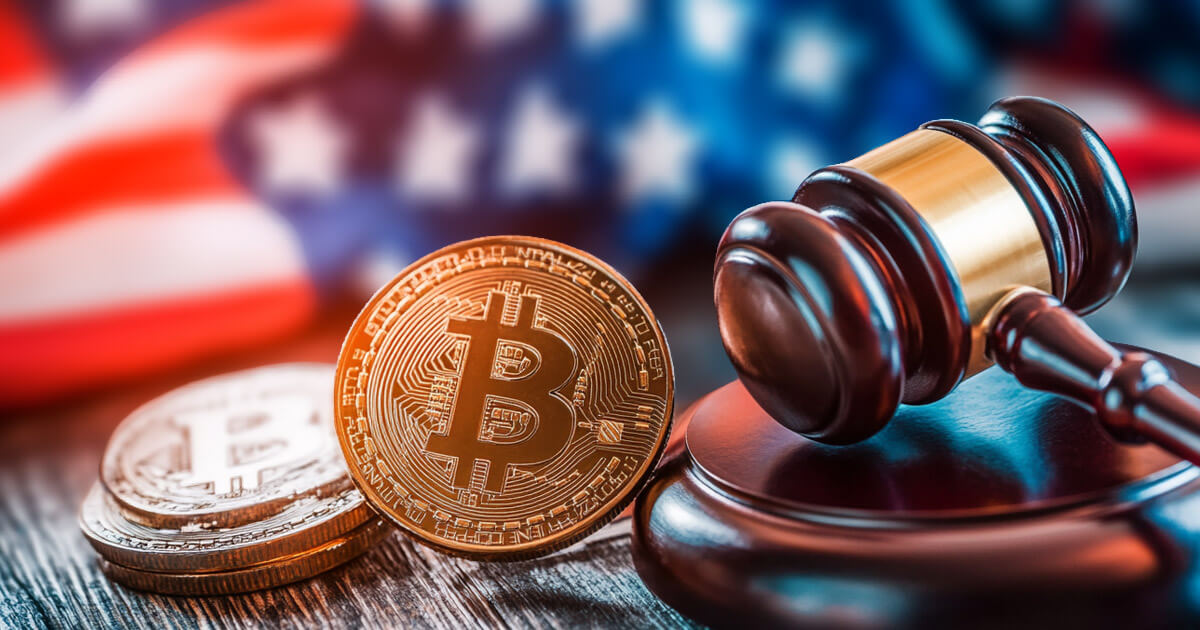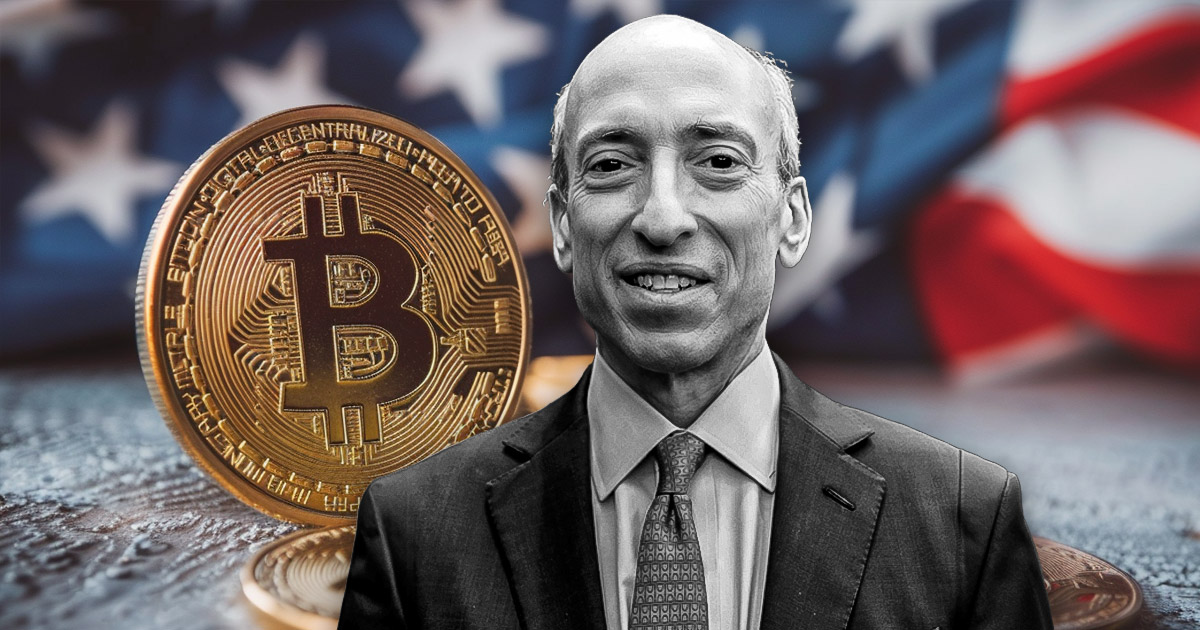(Bloomberg Opinion) — Sometimes industries want to be regulated. It’s not that they favor all of the associated restrictions, but that regulation means legitimation. The mere act of passing laws circumscribes some activities as deserving of legal protection.
Which brings us to crypto. Currently, if a US financial institution issues crypto assets, there is a high risk that the Securities and Exchange Commission will declare them to be securities and regulate them accordingly. Ideally, the SEC would provide a formal definition of what is and is not a security, and the crypto sector would try to work around those rules. Instead, through inaction, the SEC has allowed a de facto ban on much of crypto. In the longer run, that undermines democratic ideals of transparency and rule of law.
The good news is that last week the House of Representatives passed a bill that would establish regulation for digital asset markets. It is not common for the libertarian elements of the US political system to support new laws, but in this case they do. Whatever objections one may have to the details of the bill, it would put the crypto sector on sound legal footing and enable its growth within the US. The bill also would place much of crypto regulation under the Commodities Futures Trading Commission, which is likely to be friendlier than the SEC.
Until now, no significant bill related to crypto had passed either chamber of Congress. It remains to be seen what the Senate will do, although it is unlikely that the bill will reach the desk of President Joe Biden, who opposes it, by the end of the year. It is notable, however, that 71 of the 279 votes in support of the bill in the House came from Democrats. That indicates crypto regulation is a bipartisan issue, if only because so many Americans claim to hold crypto assets, 12% by one estimate.
As for the policy details: Is this a good bill? Mostly, yes. Without a coherent regulatory framework, the US crypto sector won’t be competitive with those of other nations. That damages the potential for American innovation, encourages some entrepreneurs to take their businesses abroad, and could eventually limit the integration of crypto with mainstream financial infrastructures, which would put the US financial sector at a disadvantage.
The bill has the critical provision of requiring crypto infrastructures to be sufficiently decentralized, at least if that infrastructure is to fall under the jurisdiction of the CFTC rather than the SEC. These decentralized crypto infrastructures, which would include Bitcoin and the Ethereum network, are considered to be “digital commodities,” and are granted greater freedom. Such assets are not like shares of Apple stock, where the buyer expects a very particular kind of corporate responsibility and predictable financial reporting. So the bill stipulates that, for many crypto assets, initial issuance must involve tighter disclosure and regulation, with a role for the SEC. Over time, as the blockchain for that asset became more mature and well-established, regulation would relax.
Any particular proposal for such rules will necessarily involve some ambiguities and be susceptible to being gamed (by companies) or abused (by regulators). What is considered “adequate” decentralization, for example, is ultimately a subjective question. Still, this bill seems like a reasonable place to start for crypto regulation.
The bill also makes crypto assets explicitly subject to current regulations designed to prevent money laundering.
The bill singles out stablecoins, which promise redemption for a specified number of dollars, and stipulates that they may be traded through appropriately regulated intermediaries, though the details of this regulation are explicitly assigned to future legislative and regulatory acts.
That is a drawback, since stablecoins are the form of crypto most likely to be fully integrated with mainstream financial infrastructures, due to their ease of use for payment. Nonetheless, passing this bill would increase, not decrease, the chance of stablecoins being addressed later in a meaningful fashion.
What are the broader lessons here? First, Congress has been very slow to pass meaningful legislation on crypto, and thus many crypto innovators have a low opinion of the US as a place to operate. Second, when Congress does finally get around to writing a bill and moving it forward, the results can actually be reasonable rather than crazy.
Third and finally, it is not too late. Crypto is still in its very early years, and it’s unclear which of its services will prove enduring. But the opportunity to find out has not been lost.
Elsewhere in Bloomberg Opinion:
- Bitcoin Is Up, But the Future of Money Is Elsewhere: Lionel Laurent
- With a Little Help From Congress, Crypto Can Turn Pro: Aaron Brown
- Crypto Goes Mainstream, Which Means It’s Over: Allison Schrager
For more, subscribe to our newsletter .
This column does not necessarily reflect the opinion of the editorial board or Bloomberg LP and its owners.
Tyler Cowen is a Bloomberg Opinion columnist, a professor of economics at George Mason University and host of the Marginal Revolution blog.
More stories like this are available on bloomberg.com/opinion
Credit: Source link















































